MINI BIOGRAPHY OF "THE LEGEND, DR A P J ABDUL KALAM."
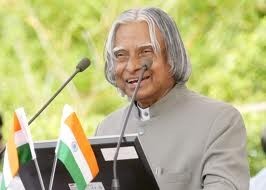
Avul Pakir Jainulabdeen Abdul Kalam born 15 October 1931, usually referred to as Dr. A. P. J. Abdul Kalam, is an Indian scientist and administrator who served as the 11th President of India. Kalam was born and raised in Rameswaram, Tamil Nadu, studied physics at the St. Joseph's College, Tiruchirappalli, and aerospace engineering at the Madras Institute of Technology (MIT), Chennai.
Before his term as President, he worked as an aerospace engineer with Defence Research and Development Organisation (DRDO) and Indian Space Research Organisation (ISRO). Kalam is popularly known as the Missile Man of India for his work on the development of ballistic missile and launch vehicle technology. He played a pivotal organizational, technical and political role in India's Pokhran-II nuclear tests in 1998, the first since the original nuclear test by India in 1974. Some scientific experts have however called Kalam a man with no authority over nuclear physics but who just carried on the works of Homi J. Bhabha and Vikram Sarabhai.
Kalam was elected the President of India in 2002, defeating Lakshmi Sahgal and was supported by both the Indian National Congress and the Bharatiya Janata Party, the major political parties of India. He is currently a visiting professor at Indian Institute of Management Ahmedabad and Indian Institute of Management Indore, Chancellor of the Indian Institute of Space Science and Technology Thiruvananthapuram, a professor of Aerospace Engineering at Anna University(Chennai), JSS University (Mysore) and an adjunct/visiting faculty at many other academic and research institutions across India.
Kalam advocated plans to develop India into a developed nation by 2020 in his book India 2020. Books authored by him have received considerable demands in South Korea for the translated versions. He has received several prestigious awards, including the Bharat Ratna, India's highest civilian honour. Kalam is known for his motivational speeches and interaction with the student community in India. He launched his mission for the youth of the nation in 2011 called the What Can I Give Movement with a central theme to defeat corruption in India. Kalam was also criticized for inaction as a president on the pending mercy plea petitions, that delayed prosecution of the convicts.
Books and documentaries
- Developments in Fluid Mechanics and Space Technology by A. P. J. Abdul Kalam and Roddam Narasimha; Indian Academy of Sciences, 1988
- India 2020: A Vision for the New Millennium by A. P. J Abdul Kalam, Y. S. Rajan; New York, 1998.
- Wings of Fire: An Autobiography by A. P. J Abdul Kalam, Arun Tiwari; Universities Press, 1999.
- Ignited Minds: Unleashing the Power Within India by A. P. J. Abdul Kalam; Viking, 2002.
- The Luminous Sparks by A. P. J. Abdul Kalam; Punya Publishing Pvt Ltd, 2004.
- Mission India by A. P. J. Abdul Kalam, Paintings by Manav Gupta; Penguin Books, 2005
- Inspiring Thoughts by A. P. J. Abdul Kalam; Rajpal & Sons, 2007
- Indomitable Spirit by A. P. J. Abdul Kalam,Rajpal And Sons Publishing
- Envisioning an Empowered Nation by APJ Abdul Kalam with A.Sivathanu Pillai.Tata McGraw-Hill, New Delhi
- You Are Born To Blossom: Take My Journey Beyond by A. P. J Abdul Kalam and Arun Tiwari; Ocean Books, 2011.
- Turning Points: A journey through challenges by A. P. J Abdul Kalam; Harper Collins India, 2012.
Awards and honours
A. P. J. Abdul Kalam's 79th birthday was recognised as World Students' Day by United Nations. He has also received honorary doctorates from 40 universities. The Government of India has honoured him with the Padma Bhushan in 1981 and the Padma Vibhushan in 1990 for his work with ISRO and DRDO and his role as a scientific advisor to the Government. In 1997, Kalam received India's highest civilian honour, the Bharat Ratna, for his immense and valuable contribution to the scientific research and modernisation of defence technology in India.
| Year of award or honour | Name of award or honour | Awarding organisation |
|---|---|---|
| 2012 | Doctor of Laws (Honoris Causa) | Simon Fraser University |
| 2011 | IEEE Honorary Membership | IEEE |
| 2010 | Doctor of Engineering | University of Waterloo |
| 2009 | Hoover Medal | ASME Foundation, USA |
| 2009 | International von Kármán Wings Award | California Institute of Technology, U.S.A |
| 2008 | Doctor of Engineering (Honoris Causa) | Nanyang Technological University, Singapore |
| 2007 | King Charles II Medal | Royal Society, U.K |
| 2007 | Honorary Doctorate of Science | University of Wolverhampton, U.K |
| 2000 | Ramanujan Award | Alwars Research Centre, Chennai |
| 1998 | Veer Savarkar Award | Government of India |
| 1997 | Indira Gandhi Award for National Integration | Government of India |
| 1997 | Bharat Ratna | Government of India. |
| 1990 | Padma Vibhushan | Government of India |
| 1981 | Padma Bhushan |
Government of India |
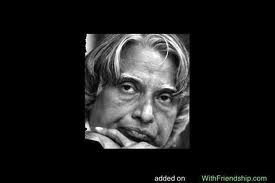
Source : Wikipedia


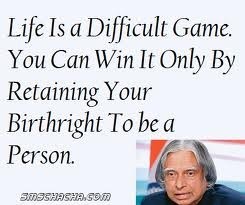
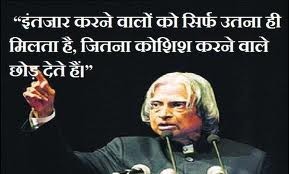
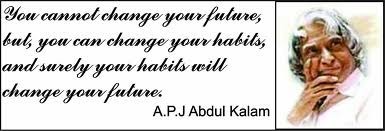
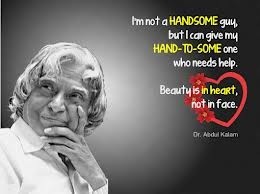
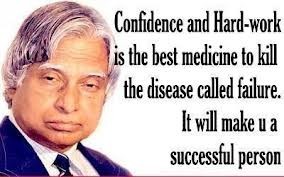
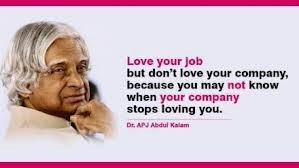


 CAclubindia
CAclubindia
